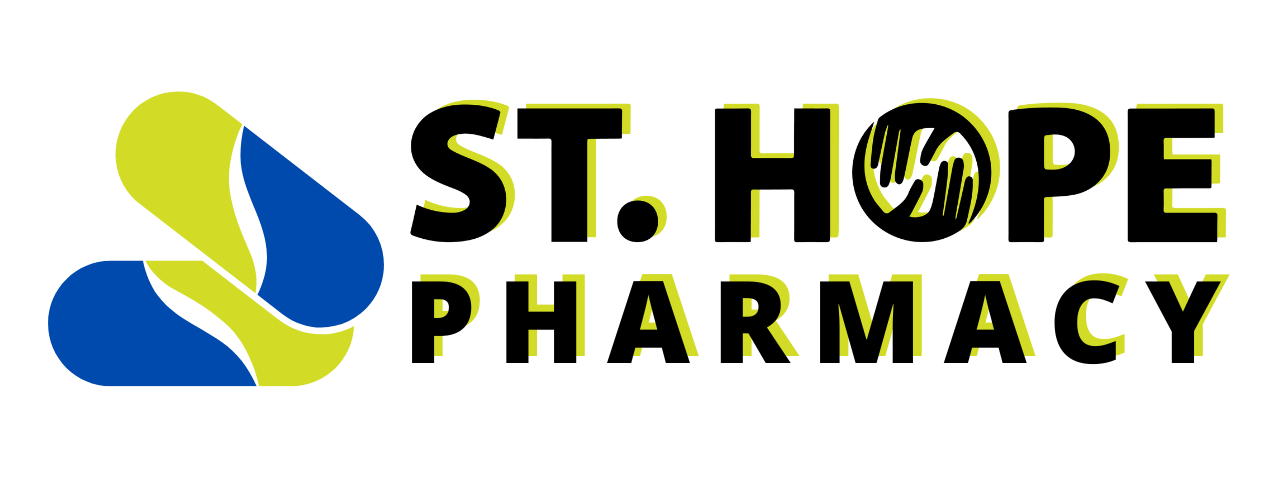What Is Medication Reconciliation?

Medication reconciliation is a critical process in healthcare that aims to ensure patient safety and continuity of care by creating an accurate list of all medications a patient is taking. This comprehensive list includes prescription drugs, over-the-counter medications, herbal supplements and any other substances that could potentially interact with each other.
The goal is to prevent adverse drug interactions, dosing errors, duplications and omissions that can harm patients, especially during transitions in care, such as hospital admissions or discharges.
Why Medication Reconciliation Matters
Medication errors are one of the leading causes of preventable harm in healthcare. When patients move from one care setting to another—such as from home to the hospital or from the hospital to a rehabilitation center—there’s a risk that important details about their medications could be overlooked. Even small errors in a patient’s medication regimen can have serious consequences, particularly for those with chronic conditions or complex treatment plans.
The importance of medication reconciliation is highlighted by studies showing that nearly half of all medication errors occur at transitions of care, and many of these errors can be harmful. By implementing a robust reconciliation process, healthcare providers can reduce the risk of adverse events and support better health outcomes.
Steps in the Medication Reconciliation Process
- Verification: The first step involves gathering an accurate and complete list of all medications a patient is currently taking. This includes not only prescription medications but also over-the-counter drugs, supplements and vitamins, as well as information about dosages, frequencies and routes of administration. It’s essential to verify this information with the patient, their family or caregivers, especially if the patient has memory challenges or communication difficulties.
- Clarification: Once a complete list is established, healthcare providers review each medication to confirm that the dosage and administration are appropriate. They also look for any potential issues such as duplicate drugs (e.g., two blood pressure medications with similar effects) or drug interactions that may have been overlooked.
- Reconciliation: In this final step, any necessary changes are made to the patient’s medication list to ensure it is up-to-date and safe. This step involves updating the patient’s records and communicating any changes to all members of the healthcare team involved in the patient’s care. This process is repeated at every transition of care to maintain accuracy.
When Is Medication Reconciliation Necessary?
- Hospital Admission: When a patient is admitted to the hospital, healthcare providers must review and verify all current medications to ensure they are safe to continue during the hospital stay.
- Hospital Discharge: Discharge is a high-risk time for medication errors. After a hospital stay, patients often go home with new prescriptions, changes to existing medications or instructions to discontinue certain drugs.
- Transfer to Another Facility: Patients who move to another healthcare setting, such as a skilled nursing facility or rehabilitation center, need a comprehensive review of their medications.
- Outpatient Visits: Regularly reviewing medications during outpatient visits with a primary care provider or specialist helps identify any potential issues early on, such as drug interactions or unnecessary duplications.
Benefits of Effective Medication Reconciliation
When done correctly, medication reconciliation provides several important benefits that support patient safety and healthcare quality. First, it significantly reduces the risk of adverse drug events by identifying potential interactions, duplications or errors in prescriptions early in the care process. This proactive approach minimizes the chances of harmful reactions and enhances the overall safety of the patient’s medication regimen.
Medication reconciliation also improves patient outcomes by providing a clear, consistent medication plan that increases the effectiveness of treatments and supports better health results. Another key advantage is the enhancement of communication and patient engagement. Involving patients in the reconciliation process helps them better understand their medications.
Patients who take an active role in their treatment plan often adhere more closely to doctor recommendations.
Medication Reconciliation and the Role of Pharmacies
Pharmacies, like St. Hope Pharmacy, play a vital role in the medication reconciliation process. Pharmacists are trained to review and manage medications, offering insights into potential interactions and keeping medication lists accurate.
By collaborating with healthcare providers, pharmacies can offer an additional layer of protection and support for patients transitioning between care settings.
Houston Pharmacists Who Are Committed to Keeping Your Medication Plan Safe and Effective
Whether you’re transitioning from a hospital stay, managing a chronic condition or simply need assistance with organizing your medications, St. Hope Pharmacy is here to help.
Contact us today to learn more about how we can support you in achieving better health through safe and effective medication management.


